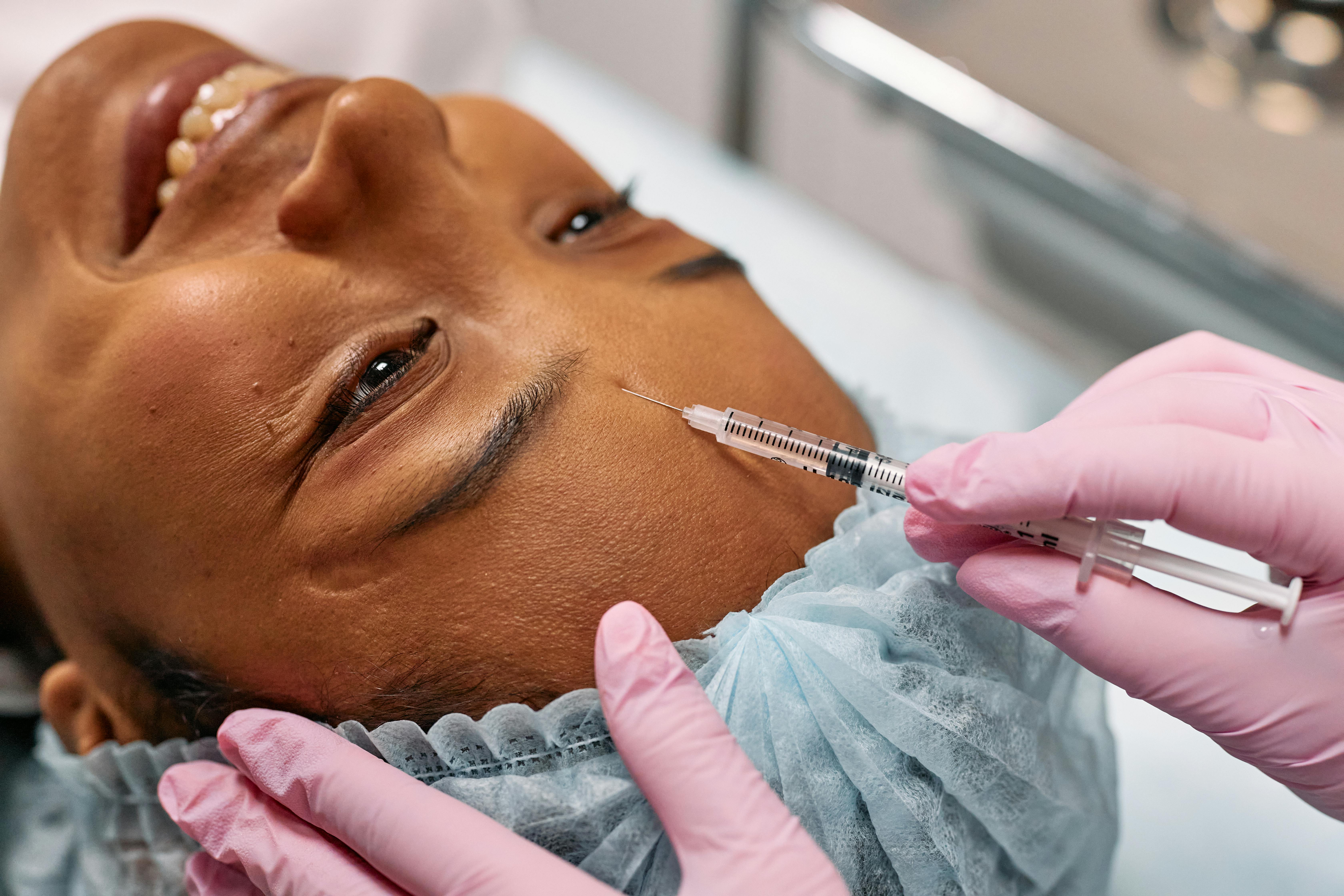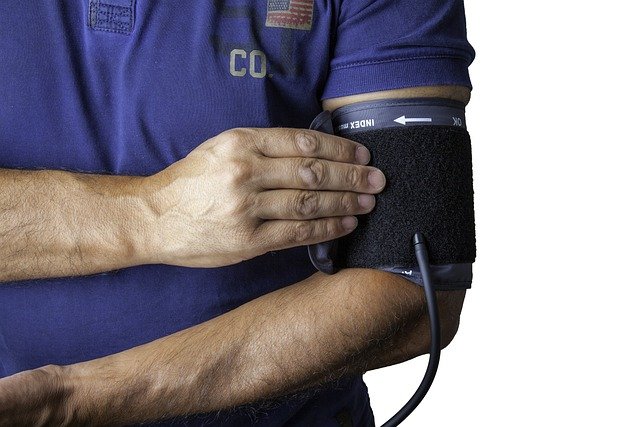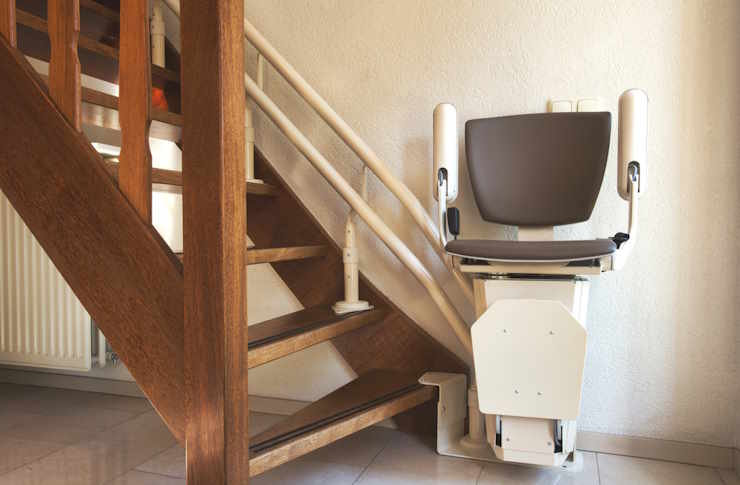Scalp Psoriasis Relief 2025: Proven Treatments, Everyday Care Tips, and Dermatologist-Backed Advice
Constant flaking on your shoulders, relentless itching at the hairline, and patches that sting when you shampoo—scalp psoriasis can turn a simple wash-day into a daily battle. The good news? Dermatology has expanded well beyond coal-tar shampoos. Today’s options range from low-foam steroid lotions that slip through thick hair to once-weekly biologic injections that calm inflammation from the inside out. Even at-home LED combs and mineral sprays are gaining clinical support. In this guide you’ll learn what triggers scalp flare-ups, how to layer medicated shampoos with conditioners so hair stays soft, when light therapy makes sense, and which newer prescription foams help clear stubborn plaques along the neckline. Plus, we include a quick checklist of questions to ask before your next dermatologist visit—so you leave with a treatment plan that fits both your scalp and your schedule.

What are the common symptoms and triggers of scalp psoriasis?
Scalp psoriasis symptoms typically include red, thick, and scaly patches on the scalp, often extending beyond the hairline. Intense itching, burning sensations, and hair loss in severe cases are also common. Triggers can vary from person to person, but some common culprits include:
-
Stress: High-stress levels can trigger or worsen scalp psoriasis flare-ups.
-
Cold, dry weather: Winter months often exacerbate symptoms.
-
Certain medications: Beta-blockers, lithium, and antimalarial drugs may trigger outbreaks.
-
Skin injuries: Cuts, scrapes, or sunburns can lead to new psoriasis patches (known as the Koebner phenomenon).
-
Infections: Strep throat and other infections can trigger psoriasis in some individuals.
Understanding your personal triggers is crucial for managing scalp psoriasis effectively.
How do medicated shampoos and steroid foams work to treat scalp psoriasis?
Medicated shampoos and steroid foams are often the first line of defense against mild to moderate scalp psoriasis. These topical treatments work in different ways:
Medicated shampoos: These contain active ingredients such as coal tar, salicylic acid, or ketoconazole. Coal tar helps slow skin cell growth and reduce inflammation, while salicylic acid acts as a keratolytic, helping to soften and remove scales. Ketoconazole has antifungal properties that can help with associated symptoms.
Steroid foams: These contain corticosteroids that help reduce inflammation, itching, and redness. The foam format allows for easy application to the scalp, even through thick hair. They’re typically used for short periods to avoid side effects associated with long-term steroid use.
For best results, these treatments should be used as directed by a healthcare professional, often in combination with other therapies.
When are biologic injections recommended for moderate to severe scalp psoriasis?
Biologic injections are typically recommended for moderate to severe scalp psoriasis that hasn’t responded well to topical treatments or phototherapy. These medications work by targeting specific parts of the immune system that contribute to psoriasis:
-
TNF-alpha inhibitors (e.g., adalimumab, etanercept)
-
IL-17 inhibitors (e.g., secukinumab, ixekizumab)
-
IL-23 inhibitors (e.g., guselkumab, risankizumab)
Biologics are administered via injection or infusion, usually every few weeks or months. They can be highly effective in clearing scalp psoriasis and preventing its recurrence. However, they require careful monitoring due to potential side effects and increased risk of infections.
Your dermatologist will consider factors such as the severity of your psoriasis, overall health, and potential risks before recommending biologic therapy.
What are some effective everyday care tips for managing scalp psoriasis?
Managing scalp psoriasis goes beyond medical treatments. Incorporating these everyday care tips can help alleviate symptoms and prevent flare-ups:
-
Gentle hair care: Use lukewarm water and avoid harsh scrubbing when washing your hair.
-
Moisturize: Apply a scalp-friendly moisturizer after washing to prevent dryness and flaking.
-
Stress management: Practice relaxation techniques like meditation or yoga to reduce stress-related flares.
-
Healthy diet: Some people find that an anti-inflammatory diet rich in omega-3 fatty acids helps manage symptoms.
-
Sun exposure: Controlled amounts of natural sunlight can help, but be cautious to avoid sunburn.
In the United States, many dermatologists now recommend incorporating scalp-specific LED light therapy devices for at-home use. These FDA-cleared devices emit targeted wavelengths that can help reduce inflammation and promote healing when used consistently.
What questions should you ask your dermatologist about scalp psoriasis?
When consulting with a dermatologist about scalp psoriasis, consider asking the following questions to ensure you receive the most appropriate care:
-
What type and severity of scalp psoriasis do I have?
-
Are there any lifestyle changes that could help manage my symptoms?
-
What are the best treatment options for my specific case?
-
How long should I expect to use each treatment before seeing results?
-
Are there any potential side effects or interactions with my current medications?
-
How often should I follow up on my treatment progress?
-
Are there any new treatments or clinical trials that might be suitable for me?
-
Can you recommend any support groups or resources for people with scalp psoriasis?
What are the latest treatment options and their effectiveness for scalp psoriasis?
Recent advancements in scalp psoriasis treatment have expanded the options available to patients. Here’s a comparison of some newer treatments and their effectiveness:
| Treatment | Type | Effectiveness | Typical Cost Range (USD) |
|---|---|---|---|
| Calcipotriene/Betamethasone Foam | Topical | Moderate to High | $500-$800 per bottle |
| Apremilast (Otezla) | Oral | Moderate | $3,000-$4,000 per month |
| Ixekizumab (Taltz) | Biologic | High | $5,000-$7,000 per dose |
| Excimer Laser | Light Therapy | Moderate to High | $100-$300 per session |
| At-Home LED Comb | Light Therapy | Low to Moderate | $300-$500 one-time purchase |
Prices, rates, or cost estimates mentioned in this article are based on the latest available information but may change over time. Independent research is advised before making financial decisions.
These treatments vary in effectiveness and cost. Topical options like calcipotriene/betamethasone foam offer a good balance of effectiveness and affordability for many patients. Biologics like ixekizumab show high efficacy but come with a higher price tag. Newer options like at-home LED combs provide a more affordable, long-term solution but may require consistent use for noticeable results.
Your dermatologist can help determine which treatment or combination of treatments is most suitable for your specific case of scalp psoriasis, taking into account factors such as severity, lifestyle, and insurance coverage.
In conclusion, while scalp psoriasis can be challenging to manage, the landscape of treatment options continues to evolve. From traditional medicated shampoos to cutting-edge biologics and light therapies, there are more ways than ever to find relief. By working closely with a dermatologist and incorporating daily care strategies, many individuals with scalp psoriasis can achieve significant improvement in their symptoms and quality of life.
This article is for informational purposes only and should not be considered medical advice. Please consult a qualified healthcare professional for personalized guidance and treatment.




